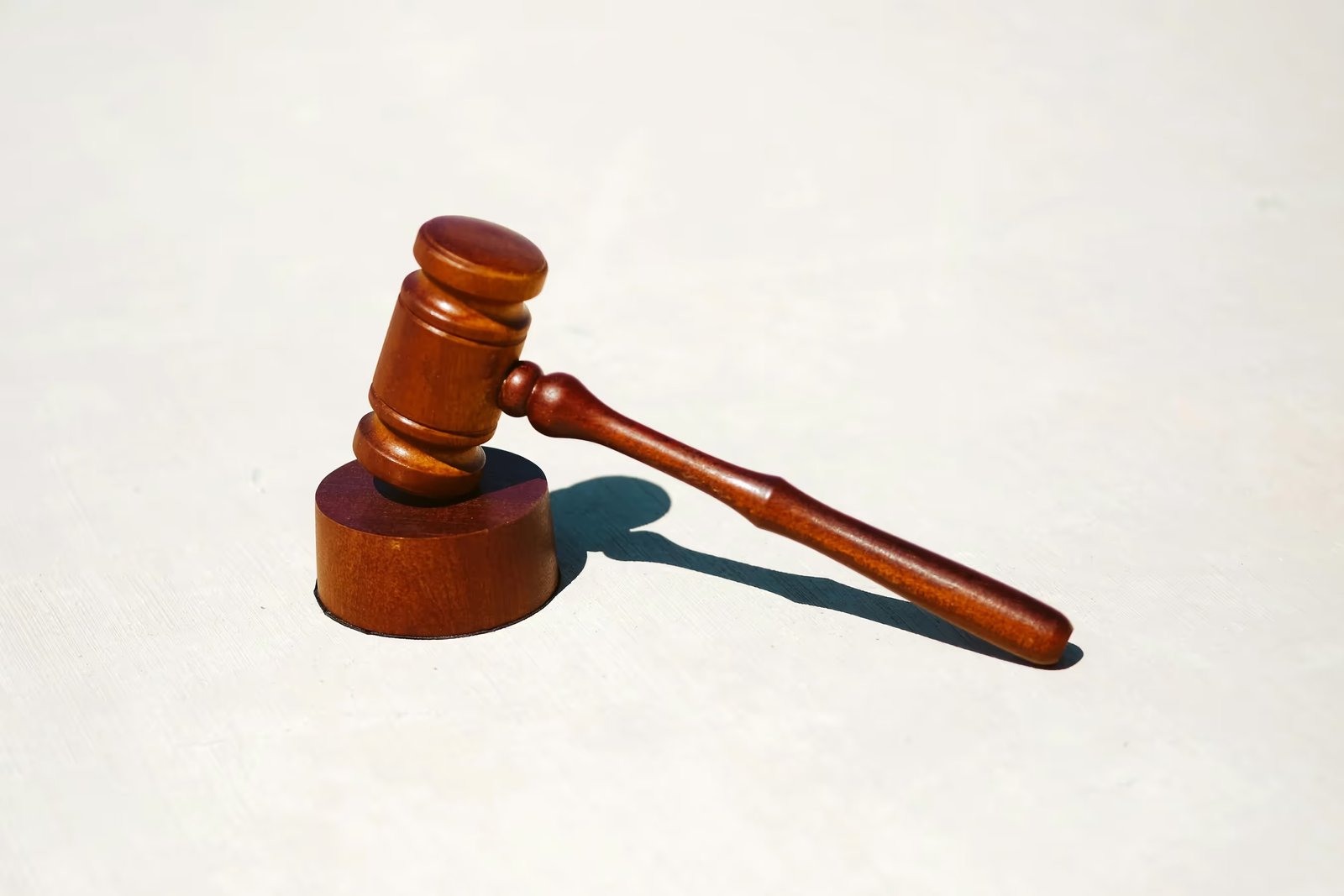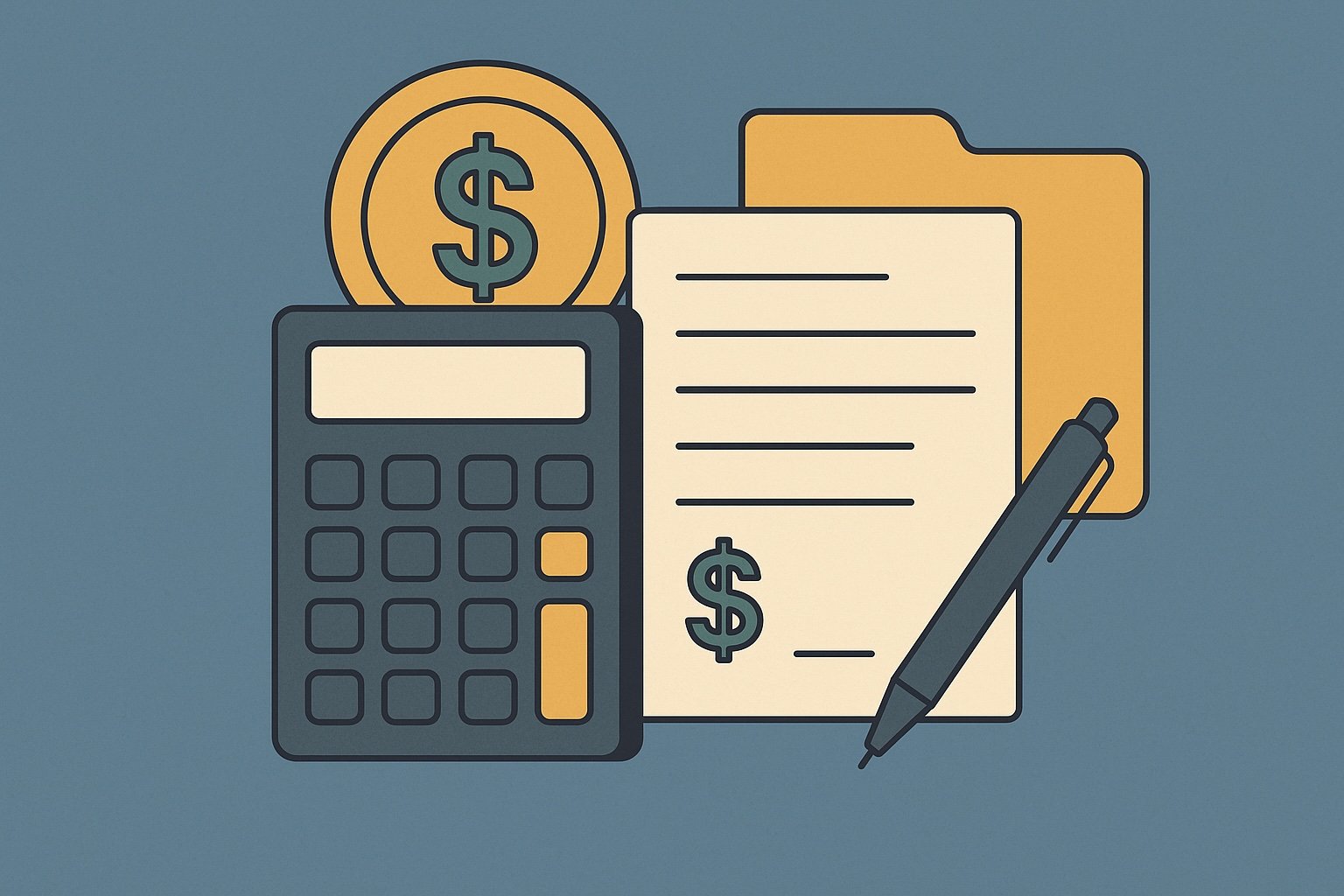Question
ARTE's Answer
When engaging in a 1031 exchange, timing is crucial to ensure compliance with IRS regulations and to successfully defer capital gains taxes. The process involves two critical timeframes: the identification period and the exchange period.
- Identification Period: You have 45 days from the date you transfer your relinquished property to identify potential replacement properties. This is known as the identification period. During this time, you must provide a written identification of the replacement property or properties to the person obligated to transfer the replacement property, or any other person involved in the exchange, except yourself or a disqualified person. The identification must be specific, using a legal description or street address for real property.
- Exchange Period: The exchange must be completed within 180 days from the date you transfer the relinquished property. This is known as the exchange period. The replacement property must be received by the earlier of 180 days after the transfer of the relinquished property or the due date (including extensions) of your tax return for the year in which the transfer of the relinquished property occurs.
To illustrate, let's consider an example where Deferred.com acts as your qualified intermediary. Suppose you sell a rental property on January 1st. You have until February 15th (45 days) to identify potential replacement properties. You then have until June 30th (180 days) to close on the purchase of one or more of these identified properties.
At Deferred.com, we facilitate this process by holding the proceeds from the sale of your relinquished property and using them to acquire the replacement property on your behalf. Our “No Fee Exchange” service helps you save money while ensuring compliance with IRS regulations. By using Deferred.com as your qualified intermediary, you can focus on selecting the right replacement property without worrying about the complexities of the exchange process.
Remember, these timelines are strict, and missing them can result in the disqualification of the exchange, leading to the recognition of capital gains. Therefore, it's essential to plan carefully and work closely with a qualified intermediary like us at Deferred.com to ensure a smooth and successful 1031 exchange.
Have more questions? Call us at 866-442-1031 or send an email to support@deferred.com to talk with an exchange officer at Deferred.
Sources
1031 Question? Ask ARTE
Deferred's AI 1031 Research Assistant is trained on 8,000+ pages of US tax law and outperforms human CPAs by 22%+
CHAT NOW
Learn More
See more frequently asked questions about 1031 exchanges








